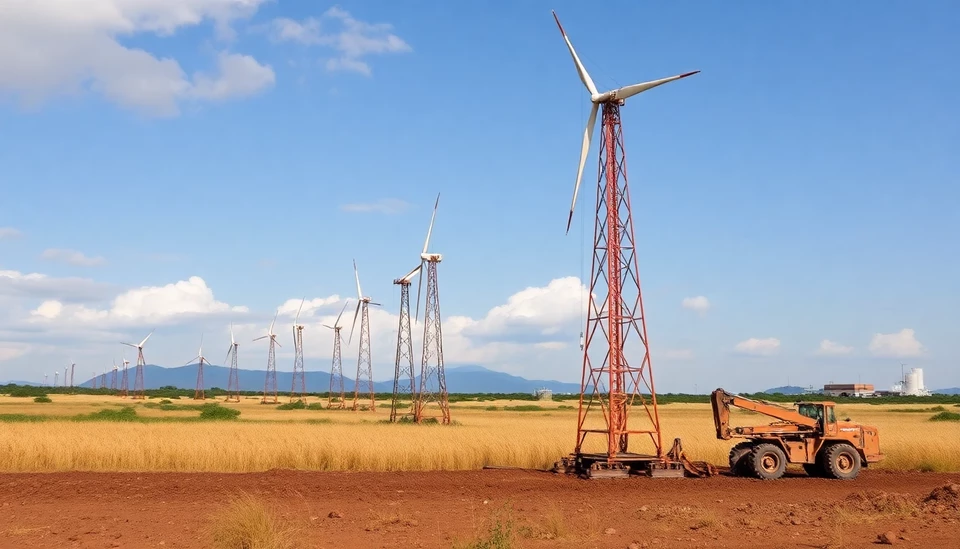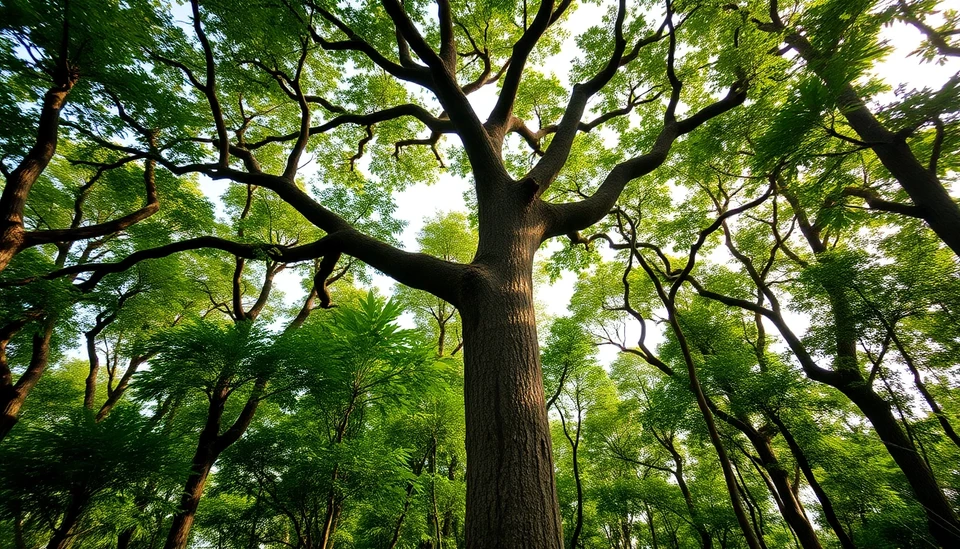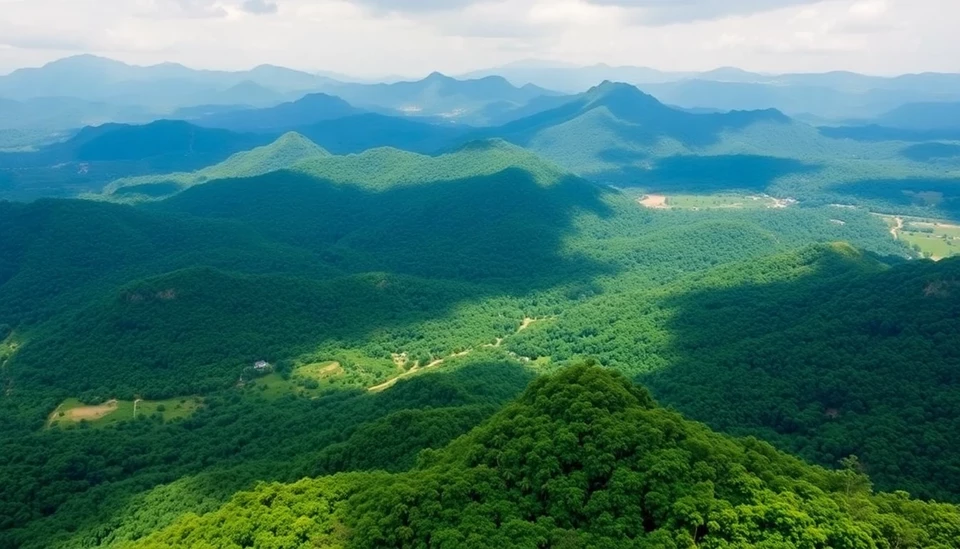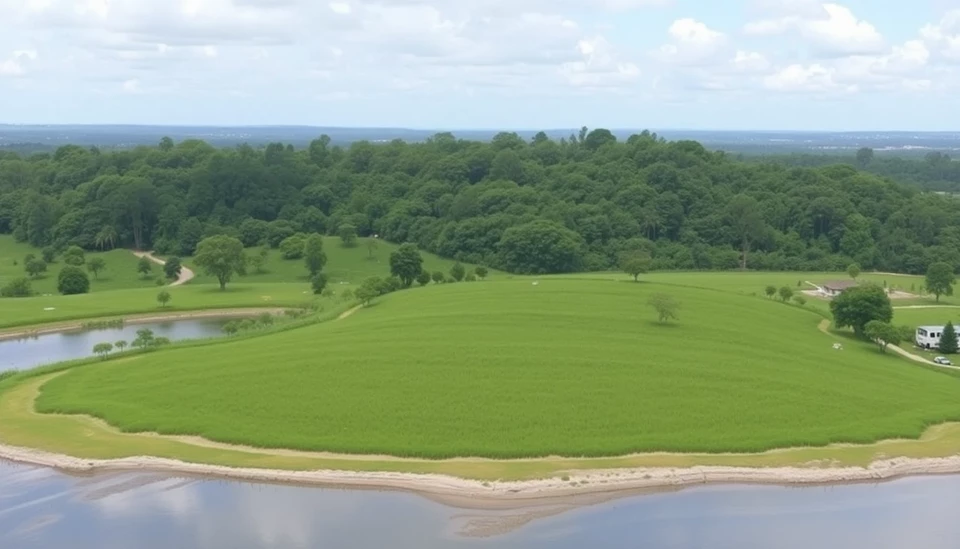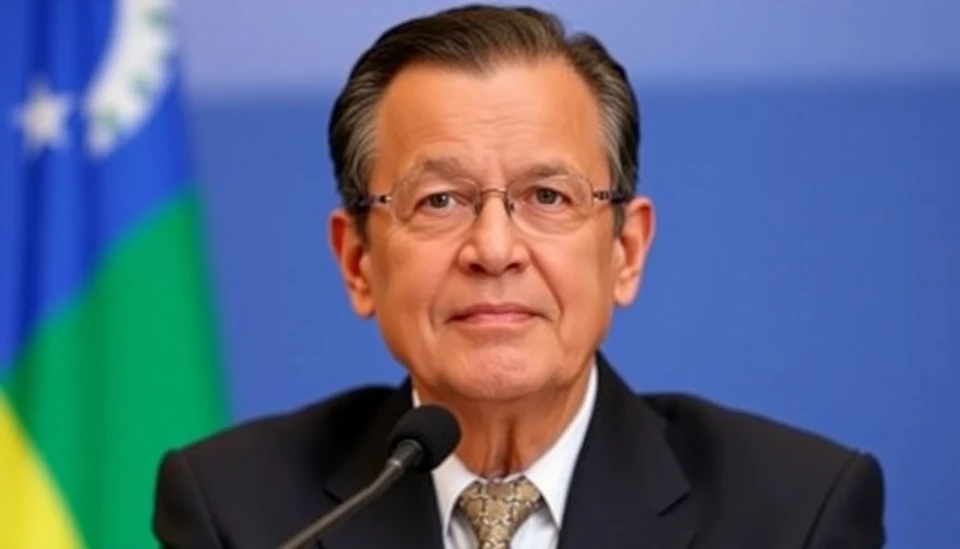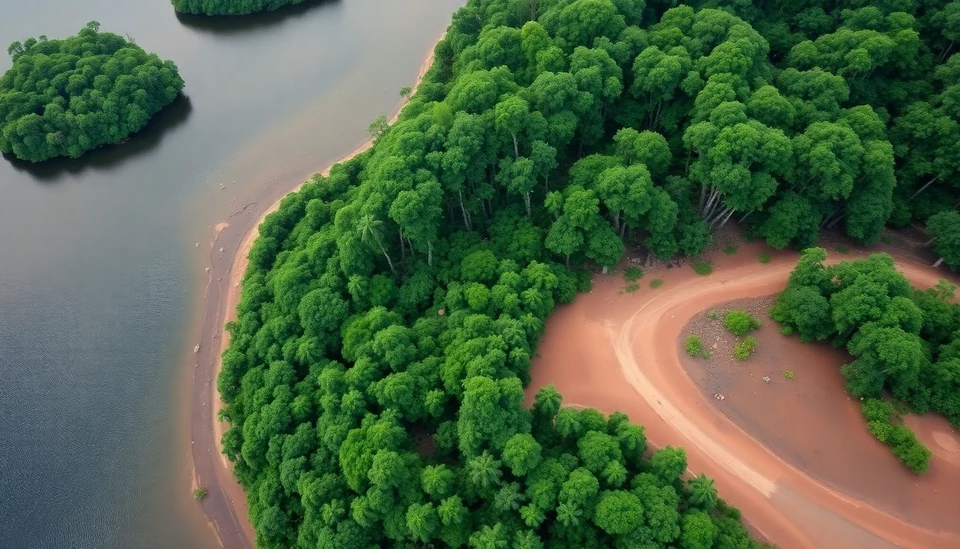
The Amazon rainforest, a vital ecosystem on which the planet heavily relies, is facing increasing threats due to the political landscape in Brazil, as pointed out by experts including former environment minister Marina Silva. These recent political swings have not only undermined conservation initiatives in the country but have also exacerbated challenges in managing the vast and biodiverse region.
Recent reports indicate that the current administration under President Luiz Inácio Lula da Silva is struggling to maintain momentum and coherence in its environmental policies. This inconsistency arises from a divided Congress and a fluctuating public opinion surrounding environmental issues, making robust environmental governance increasingly difficult. This political instability has led to rising deforestation rates and a growing sense of urgency among environmental advocates to bolster protections for the Amazon.
Silva highlighted that while there have been promising movements towards an environmental agenda, including reinstating the Amazon Fund, which finances conservation projects, the benefits have been undermined by rampant encroachment into protected lands. Many of these activities are fueled by various economic interests, often sidestepping legal restrictions and diminishing the effectiveness of protective measures.
Environmental activists fear that if the political environment remains volatile, the necessary resources and commitment to uphold conservation strategies may dwindle. The current government is faced with the challenge of balancing economic development with environmental protection, a task made more complex by rising pressures from agricultural and mining sectors that see the Amazon primarily as a resource for exploitation.
Despite the hurdles, Lula's administration has pledged to curb illegal deforestation and commit to broader climate objectives. However, achieving these commitments is complicated by extensive lobbying from industries such as agribusiness, which often clash with environmental priorities, creating a battleground for policy-making.
This intricate dance of politics and environmental stewardship is critical not only for the Amazon but also for global climate stability. As deforestation contributes significantly to carbon emissions, protecting the rainforest is seen as essential to combating climate change. Nevertheless, without a unified political front and substantial public support, conservation efforts might continue to lag behind.
In conclusion, the political climate in Brazil presents both significant challenges and potential pathways for the preservation of the Amazon. Ongoing efforts must adapt to navigate the complexities of governance, with the hope of establishing a more sustainable future for one of the planet's most vital ecosystems.
#AmazonRainforest #BrazilPolitics #EnvironmentalProtection #ClimateChange #Deforestation #SustainableDevelopment
Author: Peter Collins
